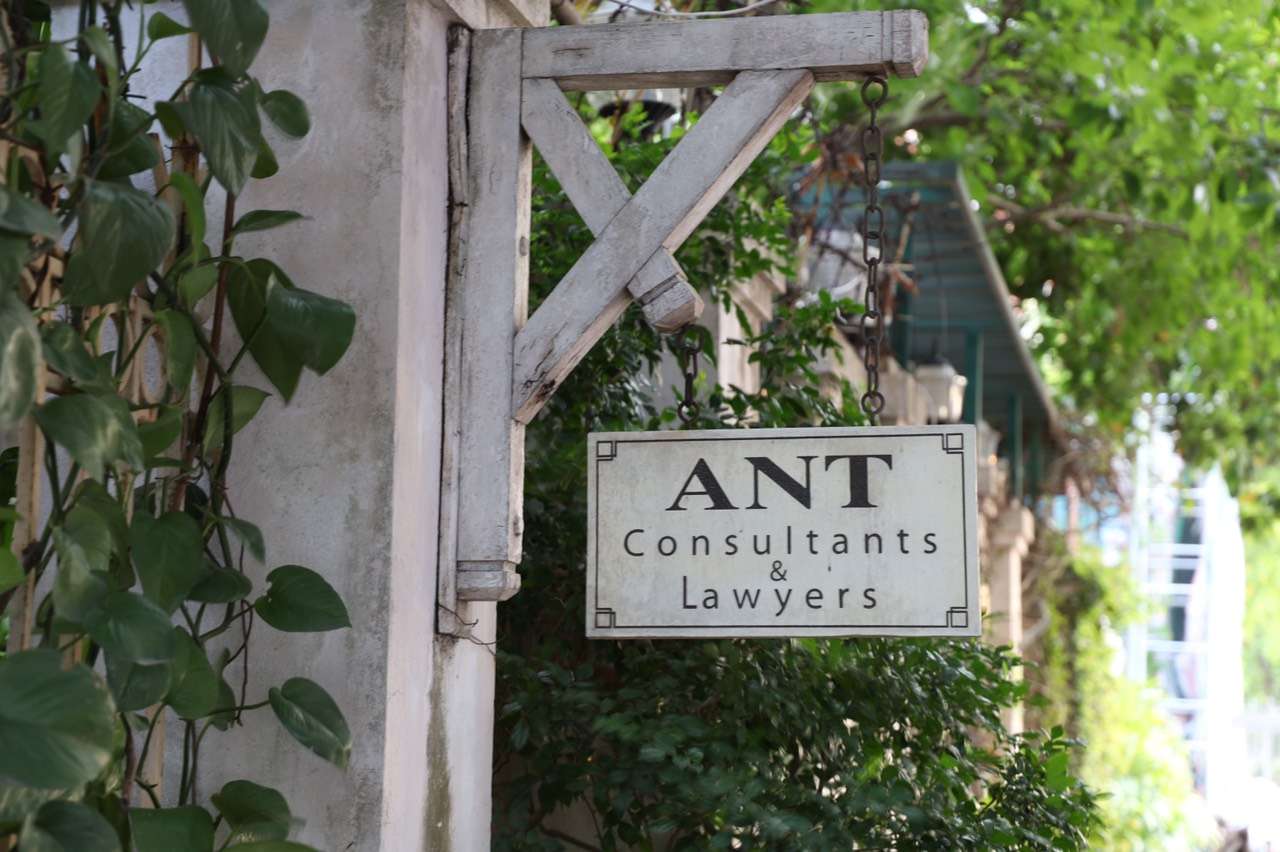Where is least expensive cities for working and living in Vietnam?
The price indexes has always been on top of information list which investors look for when making investment into a new country. Beside various information i.e. GDP, Stock market, unemployment, producer price, interest rate, balance of trade, the investors also check the consumer price index and income to determine the attractiveness of market entry. There are many attractiveness factors including the low cost of living and low level of income in comparable with other neighboring countries, for making investment in setting up company in Vietnam for manufacturing purpose.
Where in Vietnam is cheapest city to live and work?
According to statistics of 2021, taking Hanoi as the base indicator, the top 10 localities with the most expensive cost of living include: Hanoi (100%), Quang Ninh (99.5%), Ho Chi Minh City (98.98%), Da Nang (96.4%), Hai Phong (95.58%), Lao Cai (94.75%), Son La (94.58%), Lang Son (94.55%) %), Khanh Hoa (94.55%) and Dien Bien (94.41%).
How it has changed since 2015?
The top 10 provinces and cities with the most expensive cost of living in the country in 2015 include: Lai Chau (100.3%), Hanoi (100%), Son La (99.27%), Lao Cai (99.02%), Dien Bien (98.85%), Ho Chi Minh City City (97.39%), Ha Tinh (97.14%), Ha Giang (96.5%), Da Nang (96.44%) and Binh Phuoc (96.12%).
In 2021, Hanoi’s per capita income reaches more than 6 million VND/month. Since 2016, Hanoi has always been in the top 3 localities with the highest income in the country.
In 2015, Da Nang ranked 9/63 with a price equal to 96.44% compared to Hanoi. By 2017, the city “jumped” to third place, up 6 places compared to 2015. In 2021, Da Nang’s cost of living is 96.4% of that of Hanoi and ranked 4th in the country in terms of expensiveness. In 2021, Da Nang has per capita income of more than 5.2 million VND/month, ranking 5th out of 63 provinces and cities. Previously, 2019 was the year the city had the highest income in the past 10 years with more than 6 million VND/person/month.
In 2021, Ho Chi Minh City reached 98.98% and ranked 3rd out of 63 provinces and cities in cost of living. From 2002 to 2016, the city has always been the place with the highest income in the country. From 2018 to present, Ho Chi Minh City maintains the “runner-up” position (behind Binh Duong), in which, 2019 is the year with the highest income with 6.7 million VND/person/month.
Besides the three central cities that are constantly in the top of the most expensive localities in the country, Lao Cai is the only mountainous province.
In 2020, Lao Cai ranked 5th in terms of the expensive level in consumption, equal to 96.52% compared to Hanoi. Lao Cai is the most expensive province among 14 Northern Midlands and Mountainous Provinces (the cheapest is Phu Tho, equal to 91.07% compared to Hanoi, ranked 56th nationwide). By 2021, Lao Cai’s index drop to 94.75%, the lowest level of the place since 2015 until now. With this index, Lao Cai ranks 6th in the country in terms of the expensiveness of the cost of living.
In particular, although the cost of living is quite high, the income of people in Lao Cai is not high. The average income of people in this locality was only 1.8 million VND/person/month in 2016 and ranked 53rd in the country. In 2021, people in Lao Cai earn an average of 2.51 million VND, ranking 55th in the country.
The low level of income and least living cost make Vietnam a favourable destination for investment. Many labour intensive manufacturers in garment, shoes, furniture… have long chosen Vietnam as a place for establishing company in manufacturing. There are growing number of companies in electronics also manufacture in Vietnam to take advantage of the comparable low wage workforce.
With highly professional staff and great experience in foreign investment, ANT Lawyers - law firm in Vietnam would like to support you to establish company in Vietnam.





.jpg)
.jpg)
.jpg)
.jpg)
.jpg)
.jpg)








